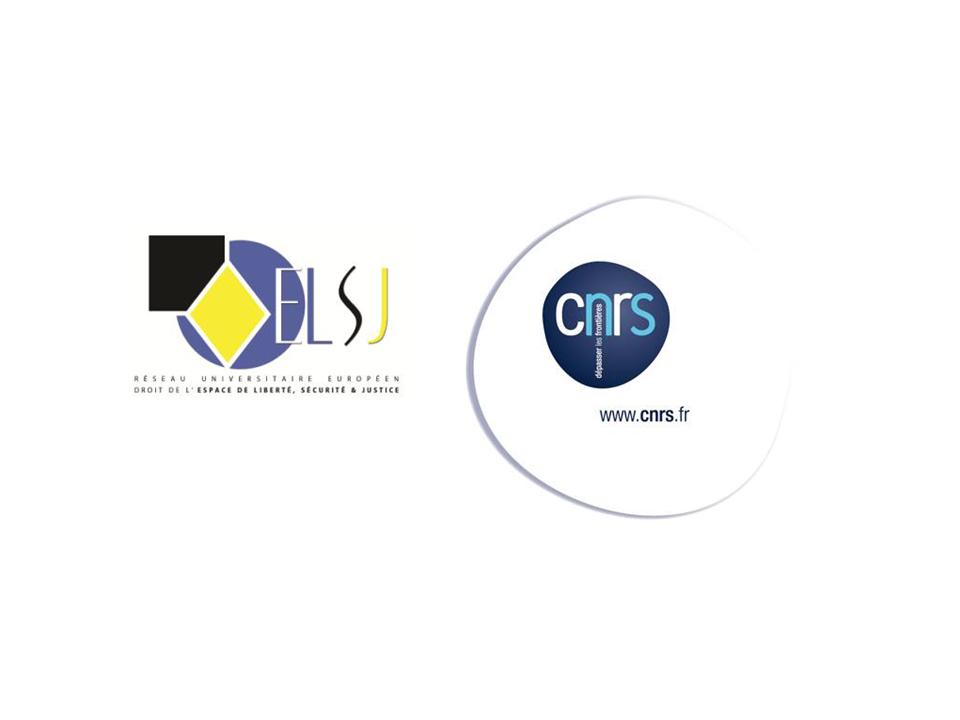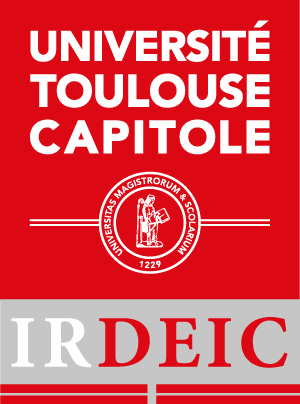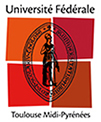Since the entry into force of the Treaty of Lisbon in 2009, European criminal law seems to have become a priority for the European Union.
The actions taken by European institutions for developing security within the area of freedom, security and justice
(AFSJ) have increased substantially.
Besides the instruments for criminal justice cooperation based on the European principle of reciprocity, several directives have been adopted in the sensitive area of the protection of fundamental rights, specifically in procedural guarantees.
National parliaments have begun to transpose European directives into law enforcement while national courts and police forces continue to ensure the sometimes delicate implementation of European criminal law.
In this area, the adaptation of national legal systems has become very intricate for various reasons: the CJEU gained jurisdiction over this area in December 2014, European criminal law cooperation has led to reforms of French criminal procedure, national parliaments control the principle of subsidiarity in an area that they see as their prerogative, and there is even the key issue of respect for traditional criminal law principles.
All these changes are producing abundant case law from the Court of Justice of the European Union as well as national courts, supreme courts and constitutional courts.
Beyond an analysis of these judgements and the interpretation of criminal law concepts, an important area for research is the rapport between the European courts and national courts.
The effectiveness of the appeal process open to a defendant is essential.
The European Council, pursuant to Article 68 of the TFEU, adopted new strategic guidelines on justice and home affairs on 26 and 27 June 2014, which succeeded the Stockholm Programme. Accordingly, the construction of this European criminal law ought to be monitored.
The purpose of this research project is to delve into the changes that will occur over this decade.
1- Establishment and development of Franco-Spanish scientific cooperation:A group of Spanish professors, led by Professor Gonzalo Quintero Olivares, who are specialists in criminal, constitutional and EU law at the universities of Tarragona, Lleida and Barcelona contacted IRDEIC researchers for the purposes of undertaking research in European criminal law.
Spain has been reforming its criminal code which has led to significant changes to its procedural law, so as to bring it into line with EU directives.
The comparison with changes to the French criminal law and procedural law provides an opportunity for multi-dimensional research.
The comparison of the French and Spanish laws is added to the possible double conflict of European laws: EU law and the European Convention on Human Rights.
The research also envisages a constitutional element.
Criminal law is an area based on principles enshrined by national supreme courts whose case-law is increasingly conscious of European court opinions.
The programme (launched in 2015) extends over a five-year period and includes an annual workshop that gathers doctoral candidates, lecturer-researchers and practitioners from the two countries.
These workshops alternate between Toulouse and Catalonia and take the form of a round-table discussion to encourage dynamic exchange of reflections. A questionnaire is also formulated every year for the purpose of dividing up the topic and framing each study.
The pinpointed topics are varied and numerous. They cover the substantive and procedural aspects of criminal law. Current affair subjects are combined with fundamental issues.
Two areas were studied in the first year:
The right to information in criminal proceedings, relating to the transposition of Directive 2012/13/EU of 22 May 2012.
The protection of public assets, which covers combating corruption in particular.
The pool of subjects for the following years is vast:
the structure of public prosecutors and their coordination with a European prosecution service;
the criminalisation of public space occupation, including digital public spaces, and thus cybercrimes—an issue covered by European Directive 2013/40/EU of 12 August 2013;
the convergence and divergence between national criminal law principles and European criminal law principles—the Treaty of Lisbon should lead to changes in this regard;
white collar crimes
legitimisation of the control and selection of objects for criminal protection.
2- Organisation of doctoral workshops at Toulouse I Capitole University
2015 -
In partnership with the European University Network on the Law of the Area of Freedom, Security and Justice (CNRS no. 3452), the LIEu team organised doctoral workshops in 2015 for discussing the construction of the Area of Freedom, Security and Justice (AFSJ).
The topic selected was ‘Principles of the AFSJ’ with a significant part devoted to the study of European criminal law principles which fell under the security aspect of the AFSJ.
The research team, including the doctoral candidates, participated in this two-day event. It began with a recap on the current situation with speeches by professors and lecturers specialising in the topics. Then two half-days were devoted to doctoral workshops divided by subject and the final part consisted of a presentation of the works and their review by a panel of judges comprising French and European lecturer-researchers.
The works were then published following their coordination for acceptance in a French specialist journal.
3- Organisation of a symposium on European criminal law at the Court of Cassation2015/2016-
After a first symposium on European social law organised by the IRDEIC at the Court of Cassation, the court proposed holding another scientific event, this time on European criminal law.
The principles of European criminal law formed part of the theme chosen because such an issue is of interest to lecturers and practitioners alike.
The topic illustrated the implementation of these principles by national courts and enabled an assessment of the construction of EU criminal law.
4- Five-year development of continuous training for judges at the Toulouse Court of AppealThis involves the establishment of a training course on European criminal law with the Toulouse Court of Appeal. The course primarily consists of meetings to discuss developments in European legislation and the French transposition instruments.
The European Commission has always iterated the importance of training national authorities and has provided financing for this to Member States.
The training of practitioners now even appears in recent directives (i.e. Directive 2012/13/EU of 22 May 2012 on the right to information in criminal proceedings), thus becoming an obligation on Member States.





 Print
Print



